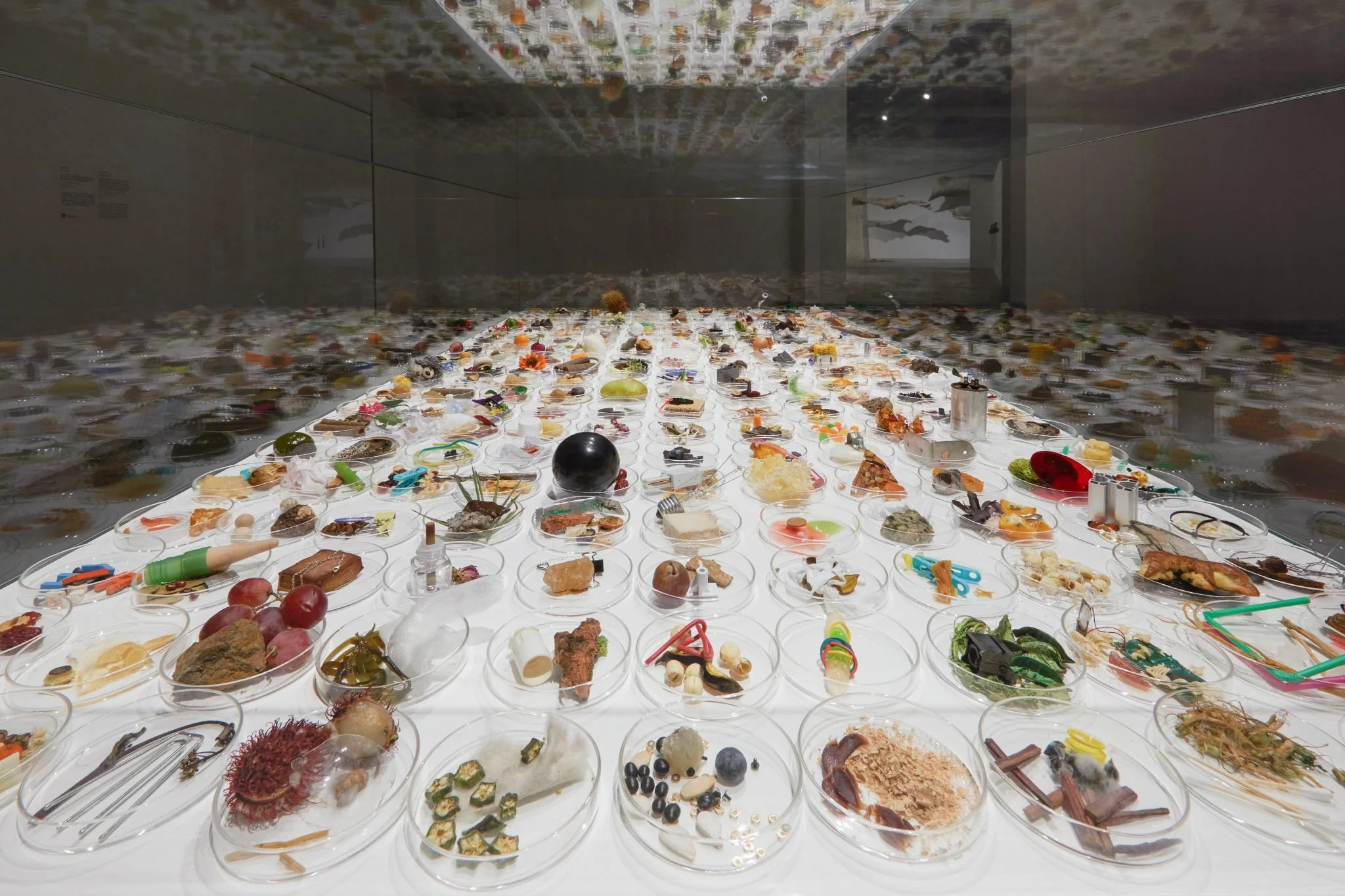Growing
Curated by: Zhang Ga, Chronus Art Center (CAC), Zhi Art Museum
Chronus Art Center (CAC) is pleased to present the exhibition Growing, co-organized by CAC and ZHI Art Museum. Growing features the works by four pioneering artists working at the intersection of living organism, synthetic biology and ecological activism.
Unassuming as it seems, Edunia (Eduardo + petunia) by Eduardo Kac bore witness to the first blossom of human-plant crossbreeding. Suzanne Anker’s most recent work Immortal Cities conjugates specimens from the natural world and items from the industrialized domain cohabiting in an in-vitro cityscape. Titled Vessels of Care and Control, the SymbioticA artists once again stir up a contestation about the role of technical utility, insinuating a provocative perception of incubator both as a contraption of care/nurture and controlled life as well as a conceptual and biopolitical apparatus. Occupying an entire adjacent gallery, LIANG Shaoji presents a comprehensive body of work that encapsulates his long fascination with the life cycle of silkworms, in which a testimony of life unfolds in vivid progression.
Rather than a rhetoric signifier, the exhibition Growing compels the visitors with an experiential and visceral encounter with life forms of natural origin and of artificial inception, or from symbiotic habitat and transgenic hybridity as sources of becoming, thus problematizing the orthodox of Aristotelian taxonomy, soliciting a prospect that complicates the conception of homeostasis, metabolism and the umwelt as fundamental manifestation of life. Growing not only attests to such energetics as the impulse of nature, but also illuminates the act of growing as a technological force that extends the notion of nature to a new paradigm in which ecology without nature calls for another reality on the horizon.
March 21 – June 30, 2019
Chronus Art Center
Shanghai, China
PARTICIPATING ARTISTS
Suzanne Anker, Eduardo Kac, LIANG Shaoji, Oron Catts & Ionat Zurr (The Tissue Culture & Art Project) with Devon Ward

